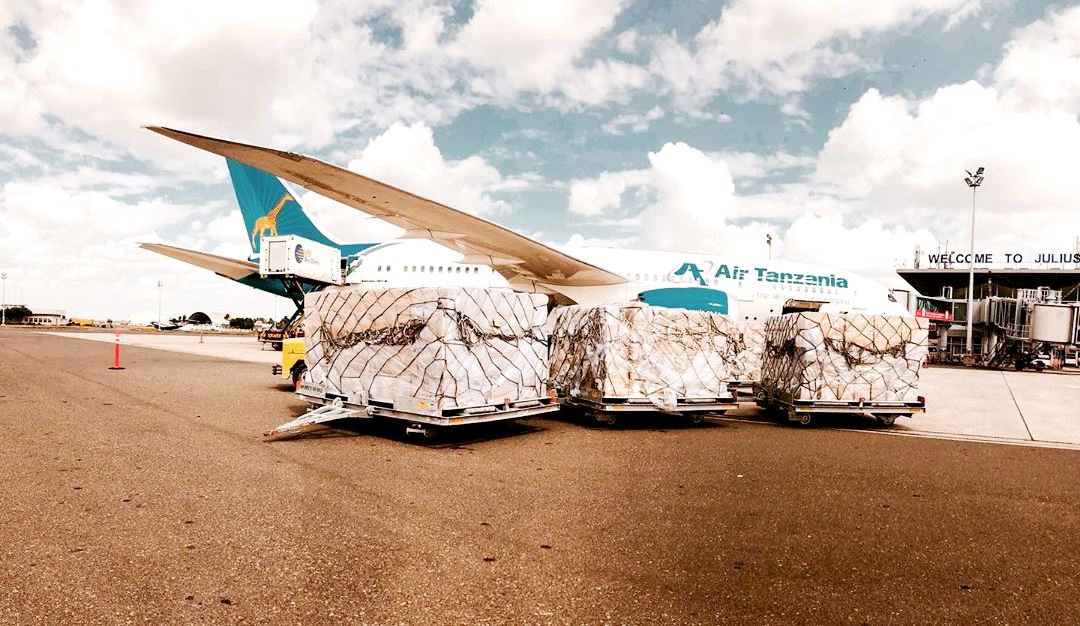AfricaPress-Tanzania: AIR Tanzania Company Limited (ATCL) has embarked on cargo flights to various destinations to cater for the growing demand for air cargo services following the spread of Covid-19.
To begin with, the ATCL Sales Officer-cargo, Mr Innocent Swai said the state owned airline has started to fly to Comoro with one flight per week.
“The number of cargo flights to this destination (Comoro) will increase depending on the demand for cargo transportation,” he said in an interview with the Tanzania Broadcasting Corporation (TBC) in Dar es Salaam yesterday.
He said the cargo flight that left Julius Nyerere International Airport (JNIA) for the Prince Said Ibrahim International Airport in Comoro on Thursday was loaded with 4 tonnes, although the aircraft has capacity to carry 7 tonnes.
Mr Swai said in the second week of May, the airline company will resume cargo flight to Mumbai-India due to rising demand for cargo flights between the two destinations– Tanzania and India.
And as it is in the route to Comoro, ATCL will start with one flight per week with the number of flights set to increase depending to the demand for cargo transportation.
After resuming the cargo flights to Mumbai, then ATCL will launch cargo flights to China due to growing demand for cargo transportation between the two countries.
“There is a lot of a business between Tanzania and China for ATCL to capitalise particularly during this period of coronavirus outbreak that has reduced international passengers’ flights,” he added.
For example, Tanzania is exporting various seafood products to China which are in huge demand.
ATCL suspended temporarily all regional passengers’ flights in late March due to increased entry restrictions and lockdowns by countries which strived to stop mass transmission of the coronavirus.
The affected regional routes were Entebbe (Uganda), Bujumbura (Burundi), Hahaya (Comoro), Lusaka (Zambia) and Harare (Zimbabwe).
But other domestic flights on the ATCL network were not affected by the announcement, though there would be frequency reduction due to shrinking of volumes on some routes.
The coronavirus, which started in China was largely spread by passengers travelling across borders.







